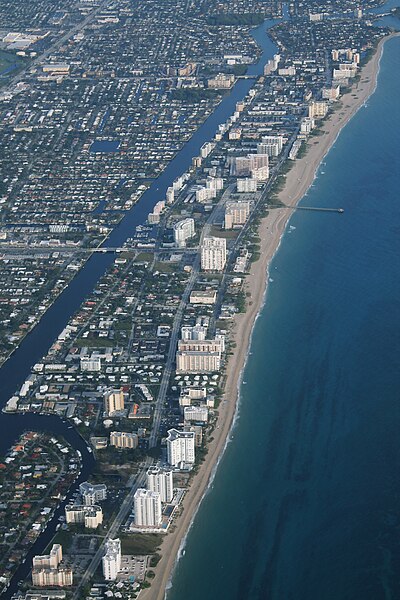Treatment Centers for Girls inPompano Beach
Treatment centers for girls are specialized facilities designed to support adolescent females facing significant emotional, behavioral, or mental health challenges. These Pompano Beach centers offer a structured environment where girls can receive comprehensive therapeutic care, academic support, and life skills training. The goal is to help young women recover, grow, and reintegrate into their communities with renewed strength and resilience. Conditions treated often include depression, anxiety, trauma, eating disorders, substance abuse, and behavioral disorders. These programs emphasize safety, therapeutic engagement, and personalized care in an environment sensitive to the specific needs of adolescent girls.
Types of Treatment Centers for Girls
There are several types of treatment centers in Pompano Beach designed to cater to the varying needs of adolescent girls. Residential Treatment Centers (RTCs) provide 24-hour supervised care and structured routines for girls who need intensive therapeutic intervention. These facilities are ideal for girls who may not thrive in less restrictive settings due to complex trauma histories, chronic behavioral issues, or co-occurring disorders such as substance use combined with mental health conditions.
Therapeutic boarding schools combine academic instruction with intensive therapy, offering a longer-term solution for girls needing both educational support and emotional healing. These schools often use structured behavioral programs alongside counseling to build coping skills, emotional regulation, and healthy peer relationships.
Wilderness therapy programs are another option, where treatment is provided in outdoor environments to promote healing through nature, physical activity, and experiential therapy. These programs are often short-term but highly immersive and suited for girls with behavioral challenges or emotional disturbances who may benefit from a reset in a nontraditional setting.
Treatment Centers for Girls in Pompano Beach - Academic and Life Skills Support
Treatment centers recognize the importance of academic continuity. Most offer fully accredited educational programs with certified teachers who work with each girl’s home school or state curriculum to ensure they don’t fall behind. This is especially crucial for long-term Pompano Beach residential programs or therapeutic boarding schools, where girls may spend several months or even years.
In addition to academics, many centers include life skills training, such as budgeting, meal planning, vocational skills, hygiene, and interpersonal communication. These are vital for helping girls transition back into society, particularly if they have struggled with neglect, foster care instability, or juvenile justice involvement.
Aftercare planning is another essential component. A good Pompano Beach treatment center will not only provide in-treatment services but also establish a structured aftercare plan involving outpatient therapy, mentoring, school reintegration support, and family engagement.
FAQs – Treatment Centers for Girls in Pompano Beach
Example: A girl struggling with PTSD and disordered eating may benefit from a trauma-informed residential center that offers DBT and nutritional counseling.
Conclusion – Treatment Centers for Girls in Pompano Beach
Treatment centers for girls play a crucial role in supporting adolescents during some of the most difficult times in their lives. These Pompano Beach facilities provide a structured, compassionate space where healing, learning, and personal growth can occur simultaneously. Whether through residential care, therapeutic schools, or wilderness programs, the goal is the same: helping young women heal emotionally, regain control of their lives, and build a foundation for a brighter future. With the right treatment, family support, and aftercare, many girls emerge from these programs stronger, healthier, and more resilient.
Sources:
- National Institute on Drug Abuse (NIDA) – nida.nih.gov
- American Academy of Child & Adolescent Psychiatry (AACAP) – aacap.org
- Behavioral and Emotional Disorders in Adolescents – youth.gov




